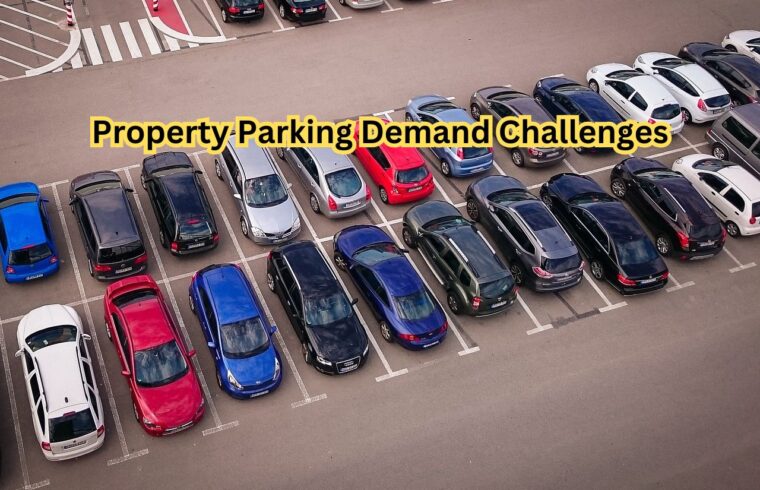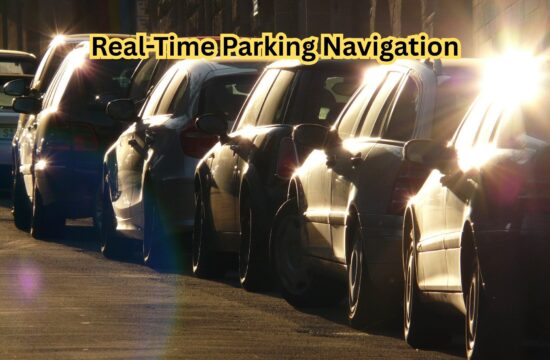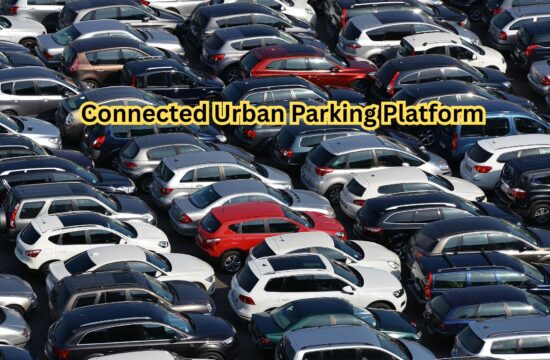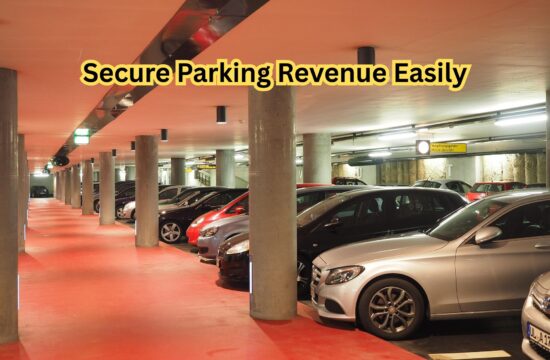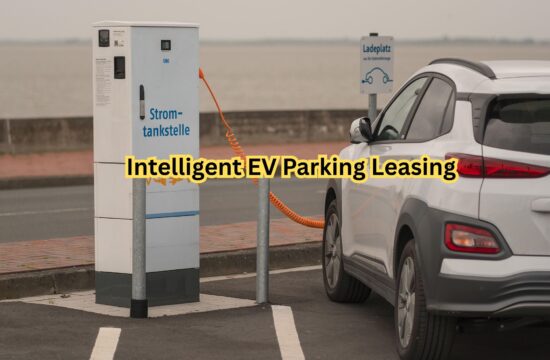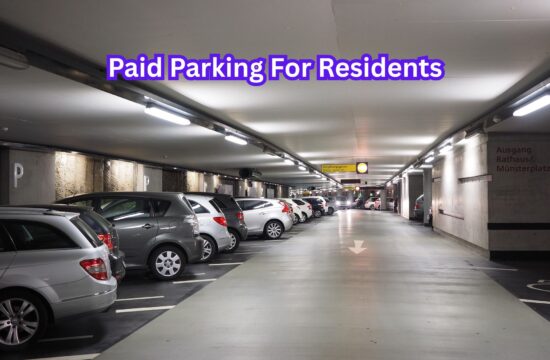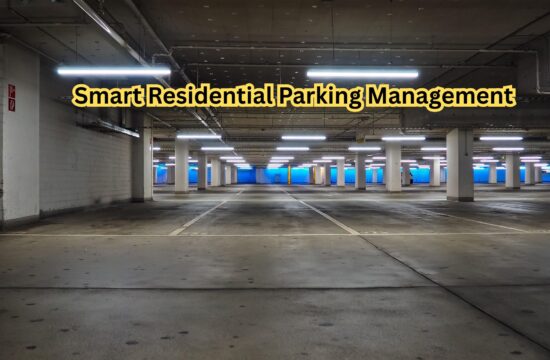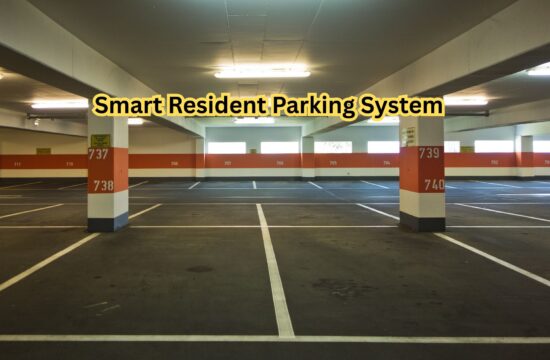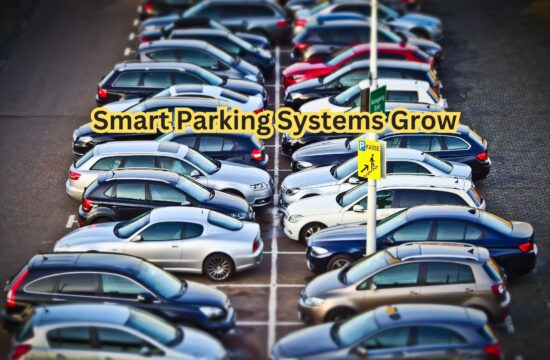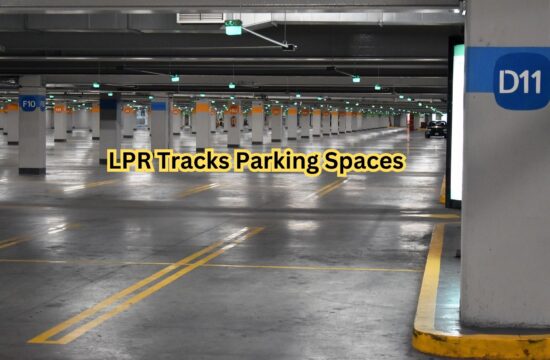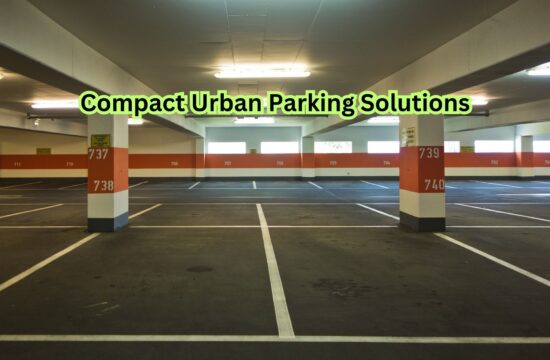For company owners, property managers, and urban planners alike, the need for parking spots is a major obstacle. The disparity between parking supply and demand grows as urban populations and car ownership rise, resulting in a series of Property Parking Demand Challenges. These challenges not only impact city infrastructure but also tenant satisfaction and property use. Addressing Property Parking Demand Challenges is crucial for ensuring efficient utilization of space and improving tenant experiences. This article examines the main issues surrounding the demand for parking on properties and offers creative ways to tackle Property Parking Demand Challenges effectively.
Insufficient Parking Spaces
The lack of parking places to accommodate the growing demand is a major problem. Limited parking is a common problem for retail, business, and residential facilities. This scarcity has a detrimental effect on user pleasure by causing crowding, prolonged search times, and dissatisfaction. Addressing these challenges is essential for enhancing convenience and improving overall experiences for tenants, employees, and customers.
Fluctuating Parking Demand
Depending on the time of day, season, or event, parking demand is always changing. Weekends and evenings are when residential areas see the most demand, whereas business hours are when commercial spaces see the highest demand. Mixed-use properties must balance the needs of residents, shoppers, and visitors. For property owners looking to maximize parking, adjusting to these variations continues to be a significant difficulty.
High Operational Costs
Significant costs are associated with running a parking complex, including maintenance, security, lighting, and personnel for ticketing and surveillance. Costs are further increased by upgrades like digital payment systems. These costs can outweigh earnings for sites with unused parking spaces, making the facility unprofitable. In order to maximize parking use and balance operating costs, efficient administration is essential.
Traffic Congestion and Environmental Concerns
Congestion from cars waiting for parking is a common problem for properties in crowded cities. Higher carbon emissions, a tarnished reputation from annoyance, and the possibility of legal or regulatory repercussions for poor traffic control are all consequences of this problem. To reduce these difficulties, preserve a favorable reputation, and encourage more efficient operations, effective tactics are crucial.
Conclusion
Effective design, cutting-edge technology, and strategic planning are necessary to address the problems associated with property parking demand. These problems can be resolved, tenant happiness raised, and income increased with the help of creative systems, flexible layouts, and shared parking models. By adopting contemporary strategies and emphasizing sustainability, properties may improve user experiences while being effective and ready for future parking demands.

